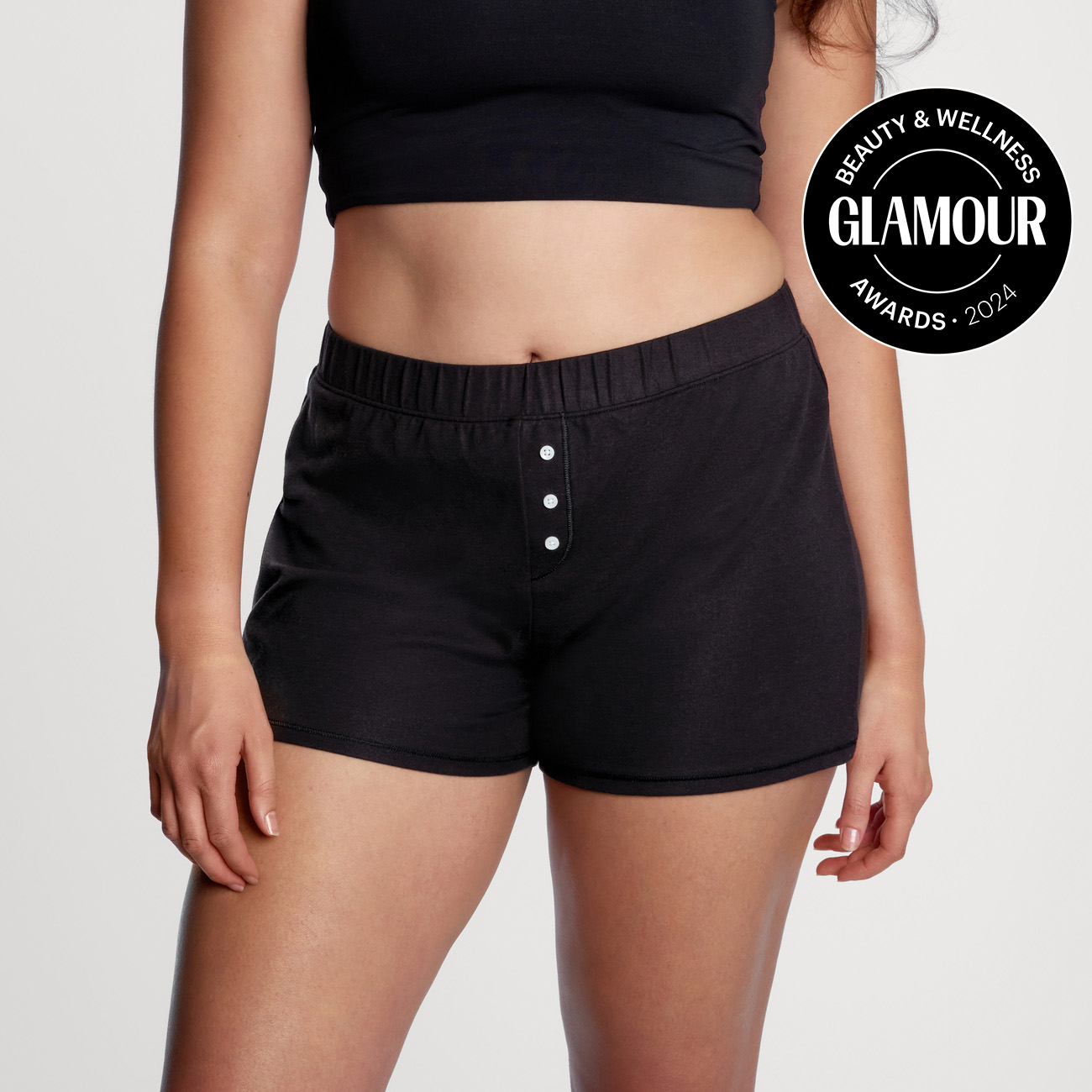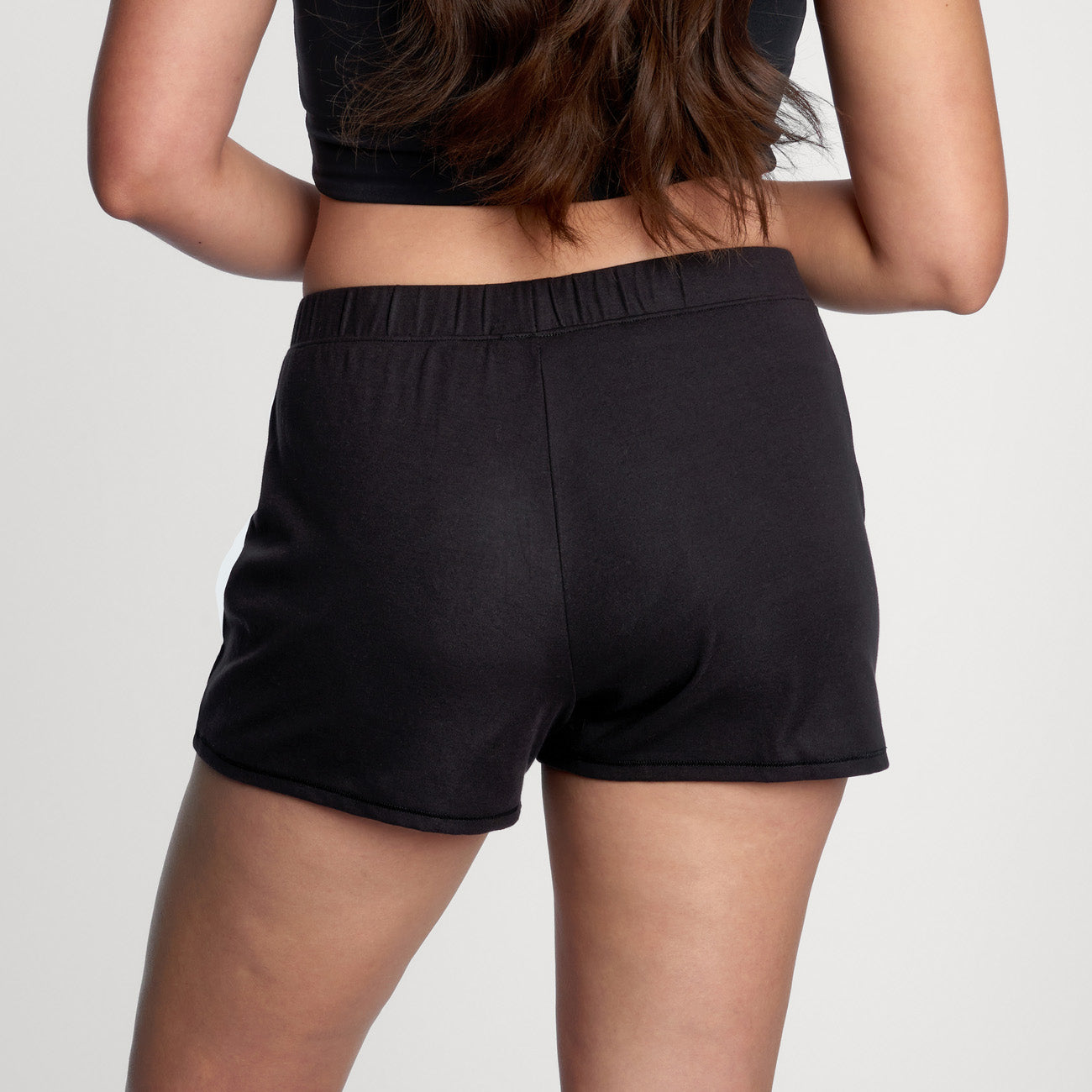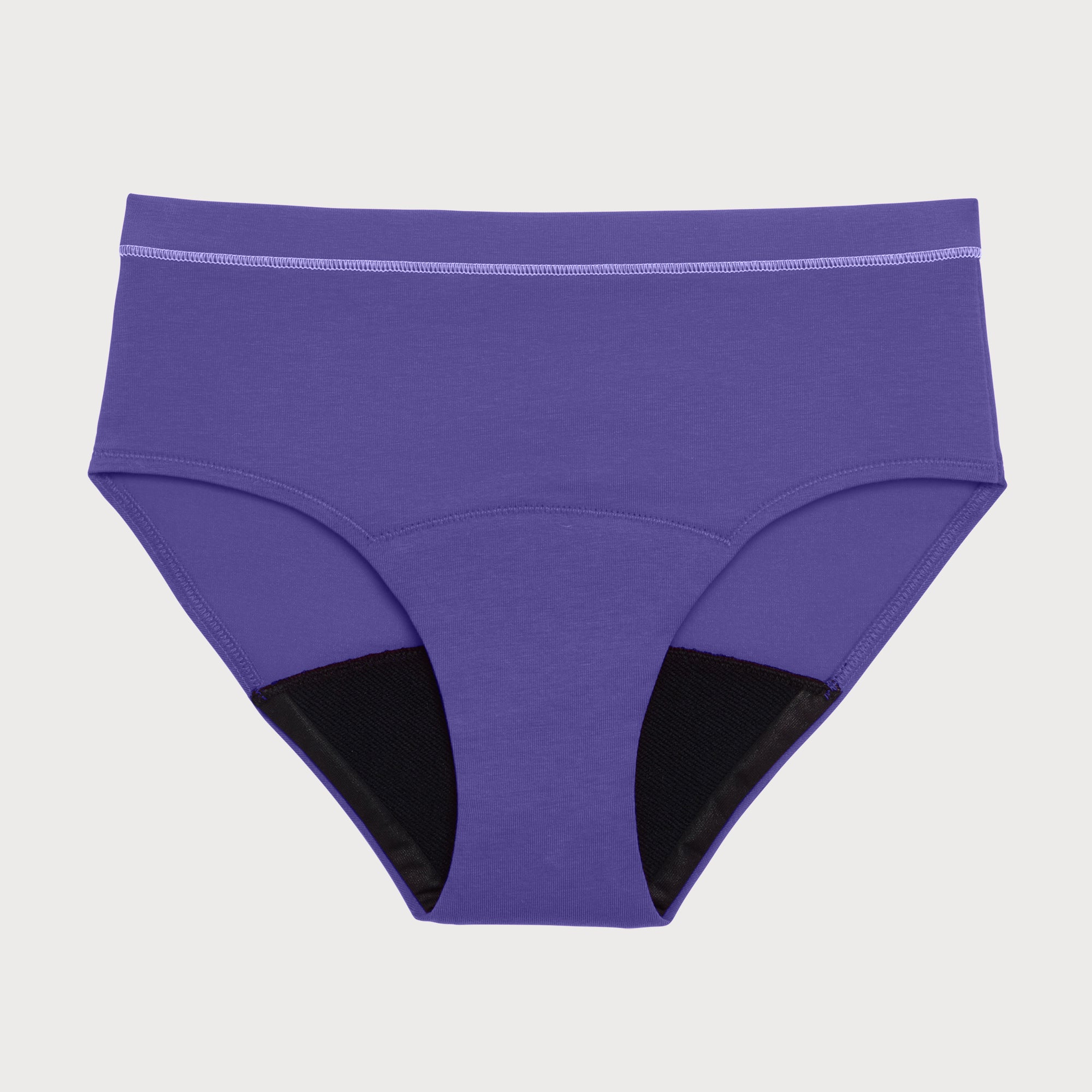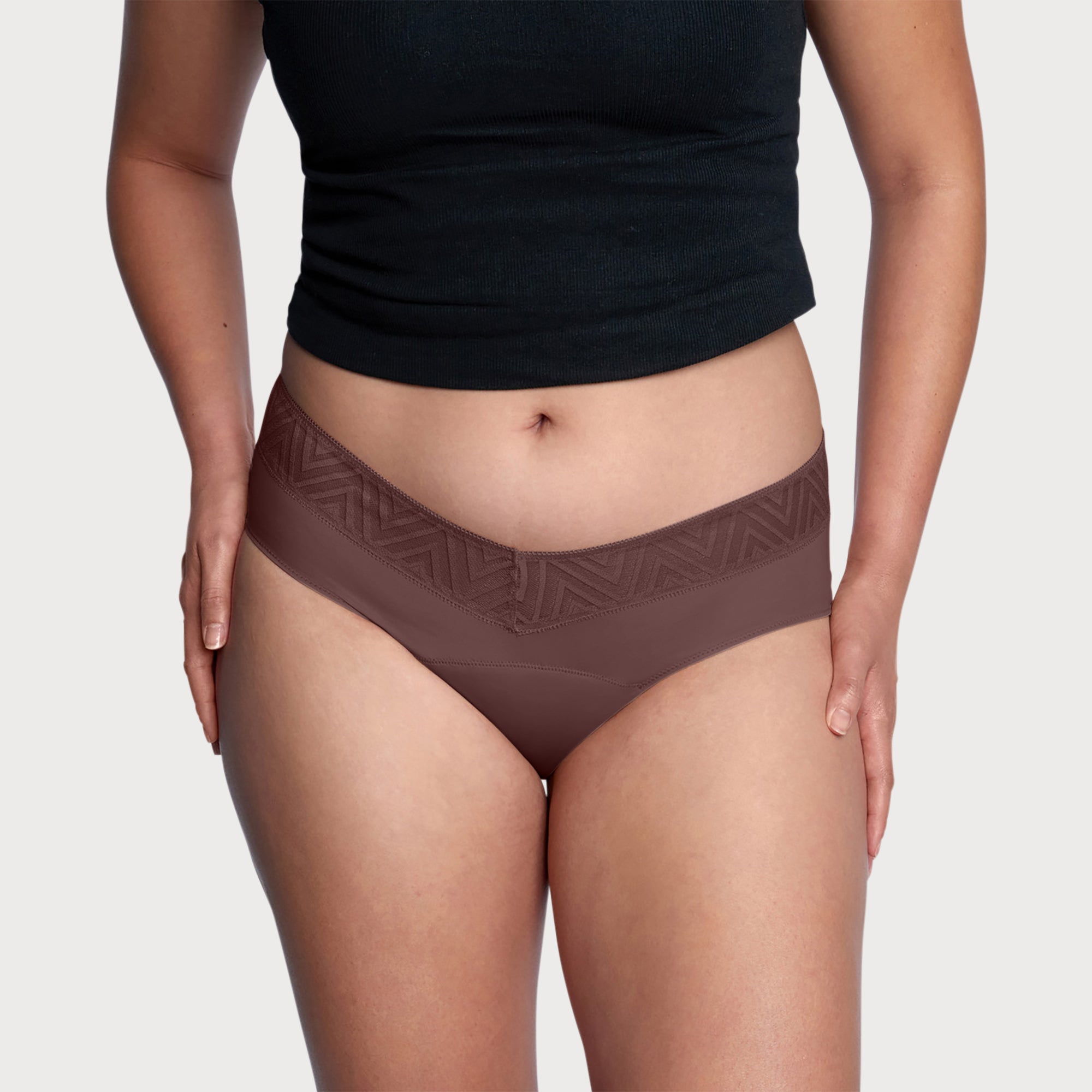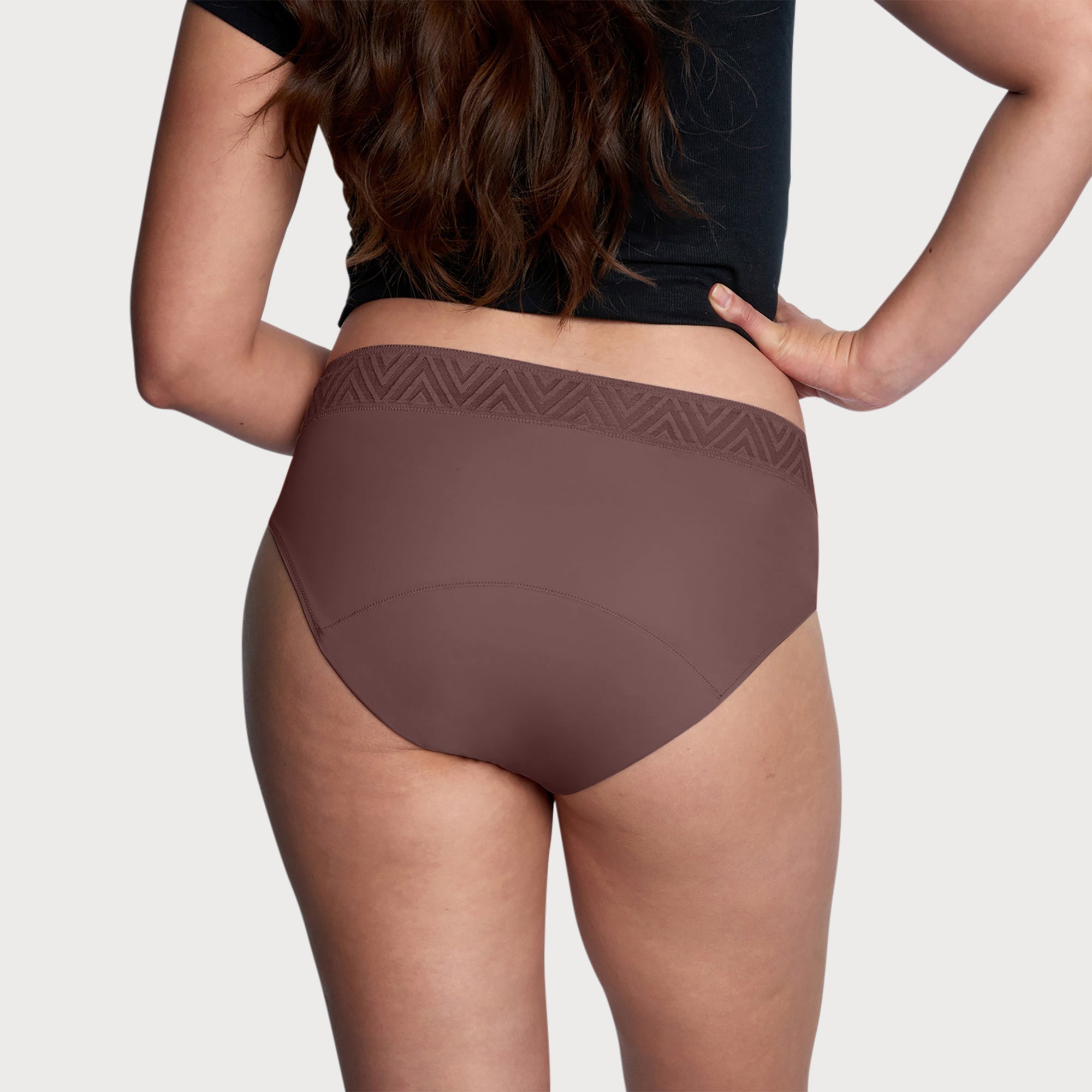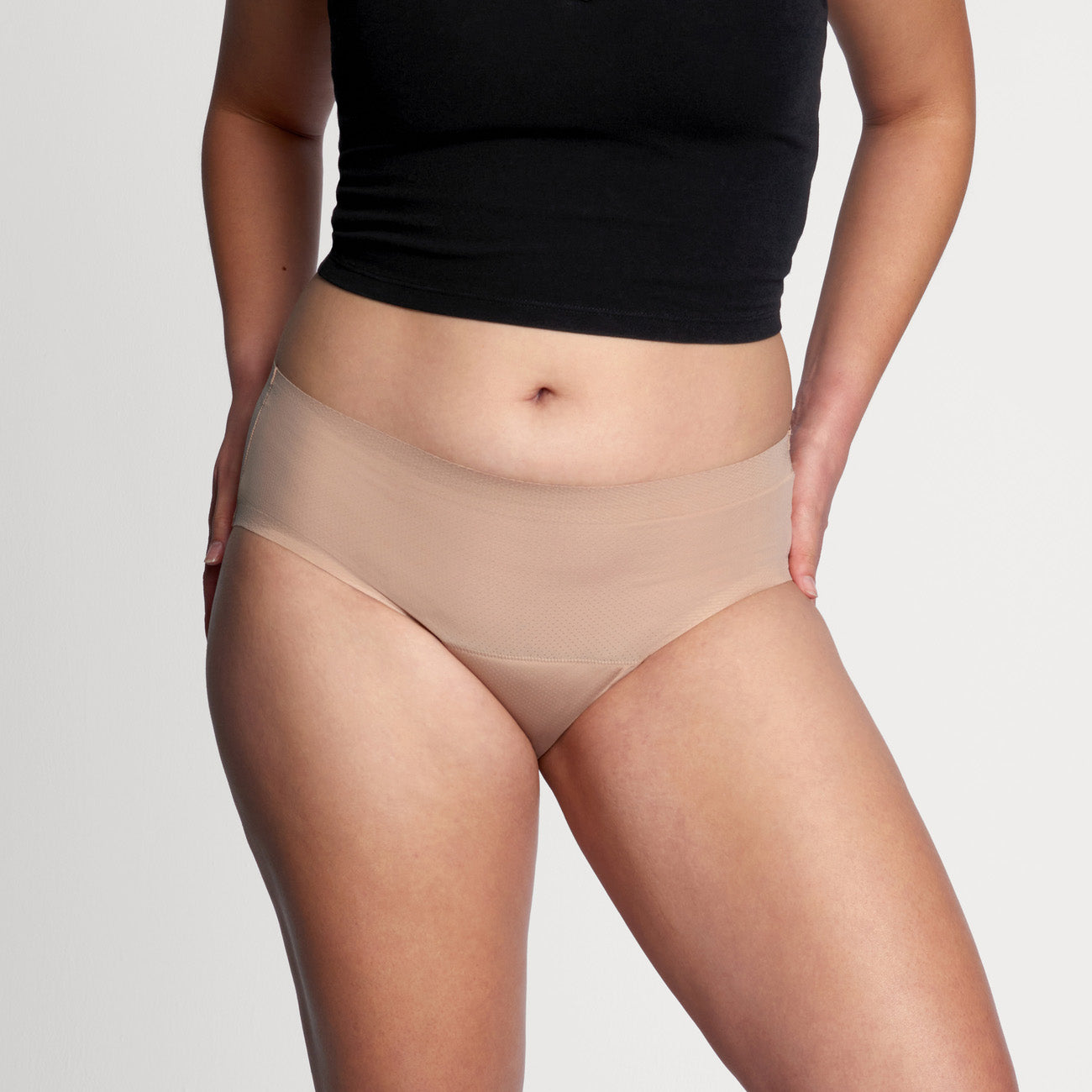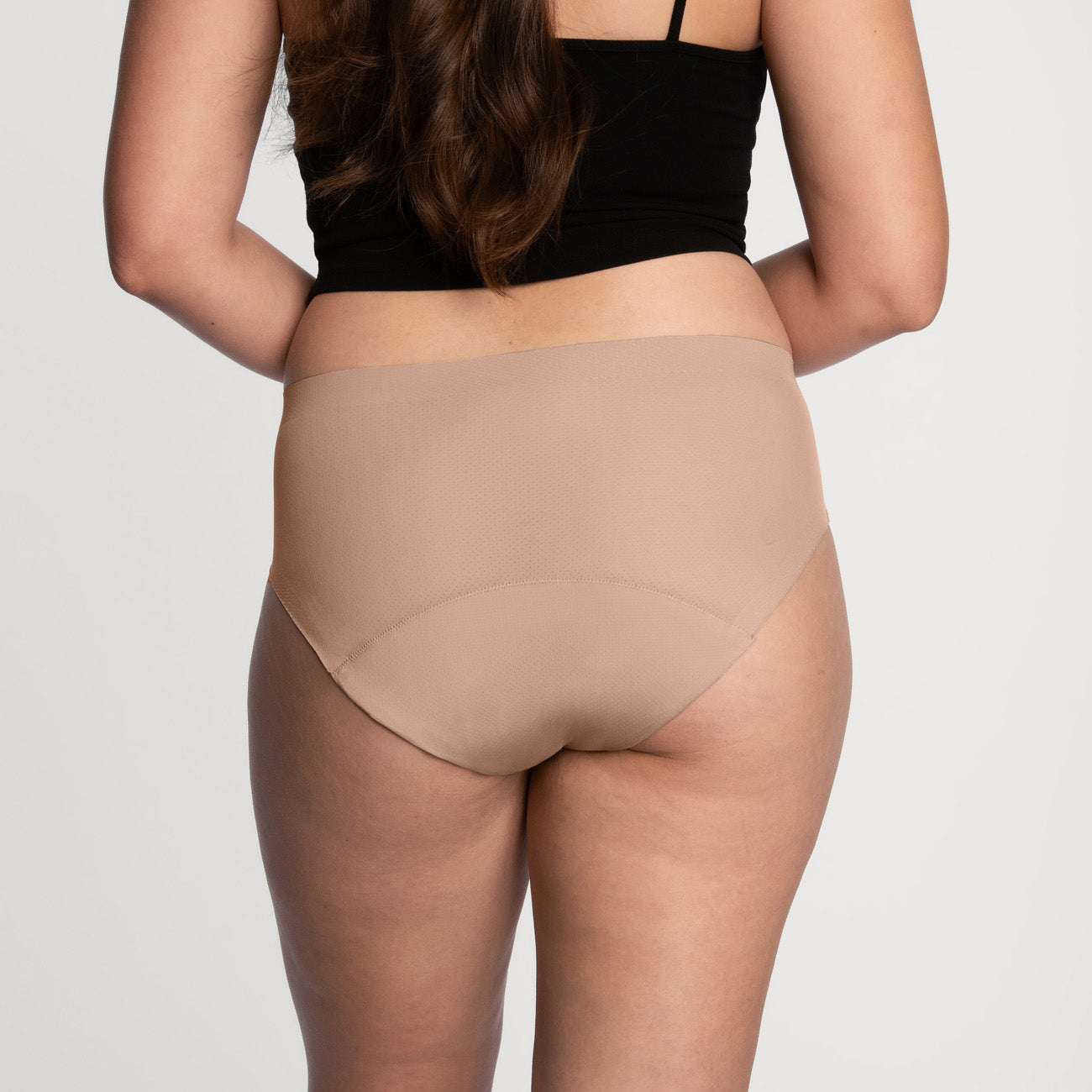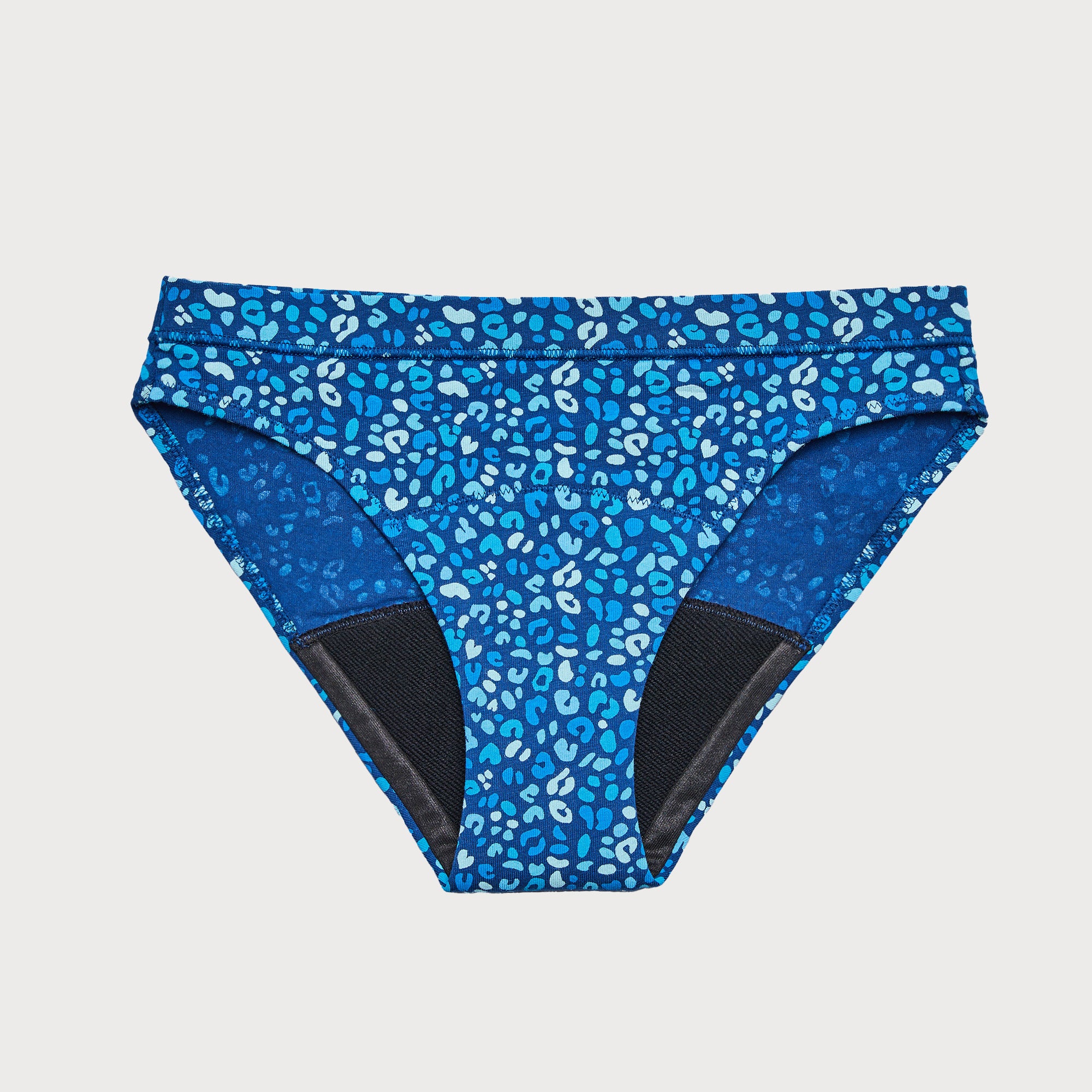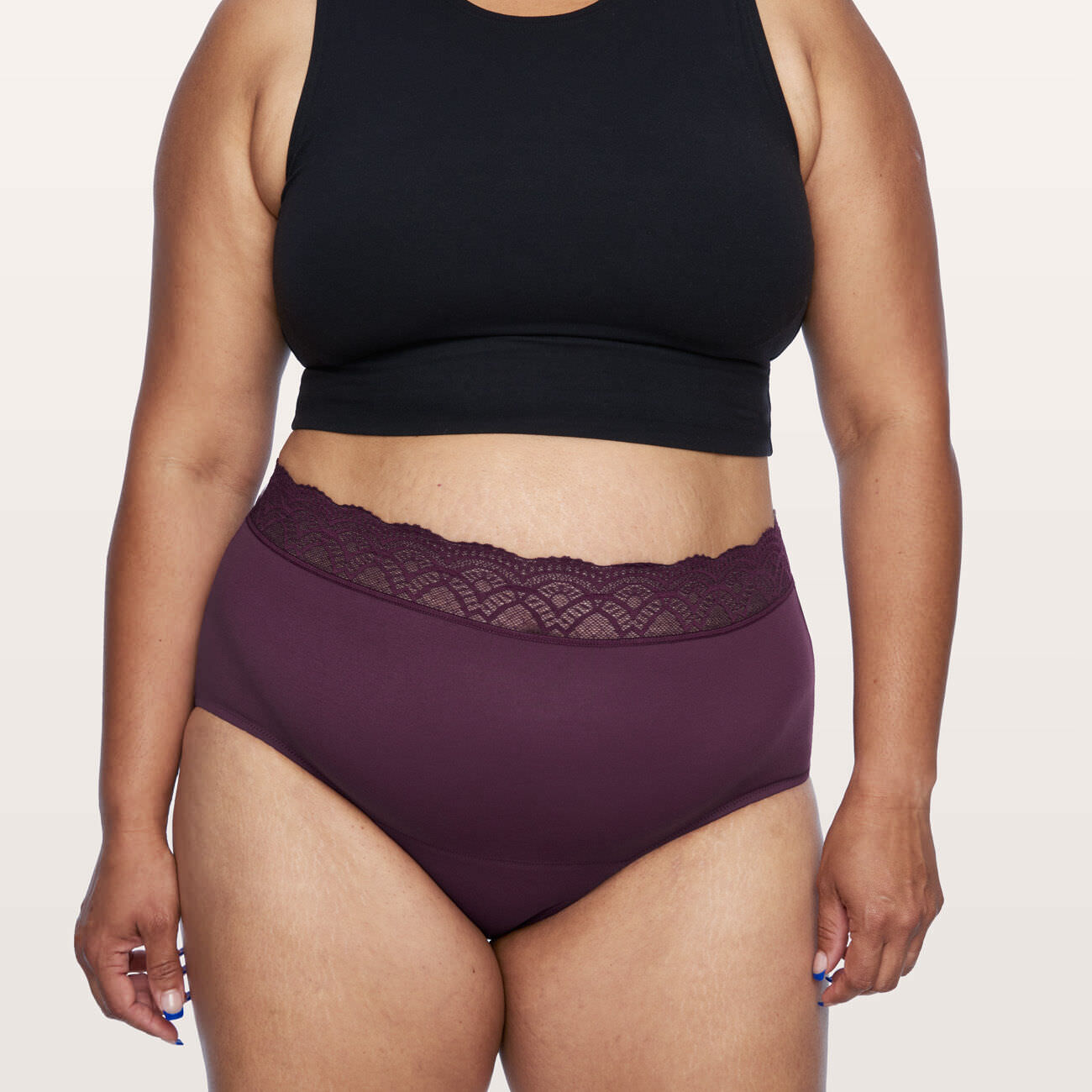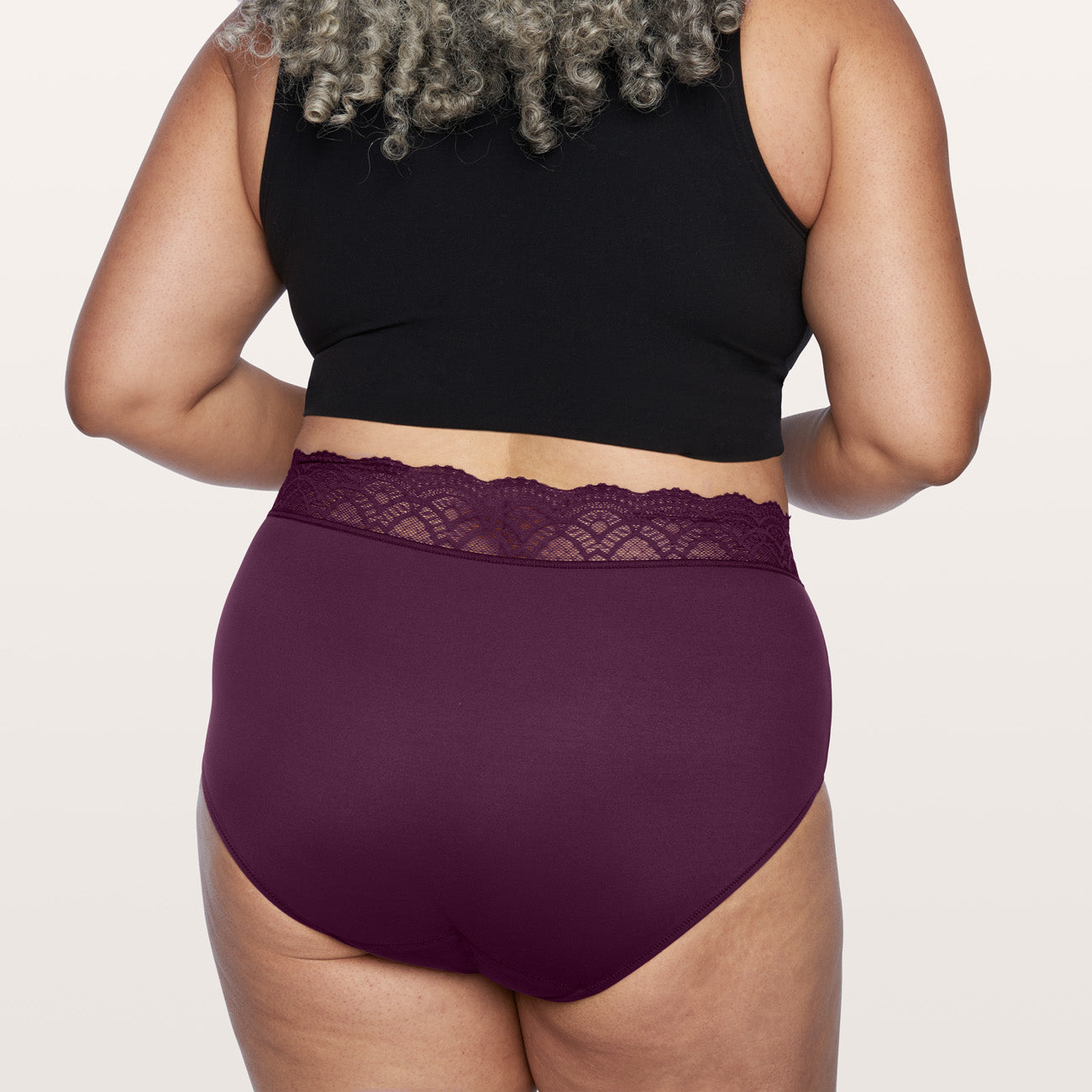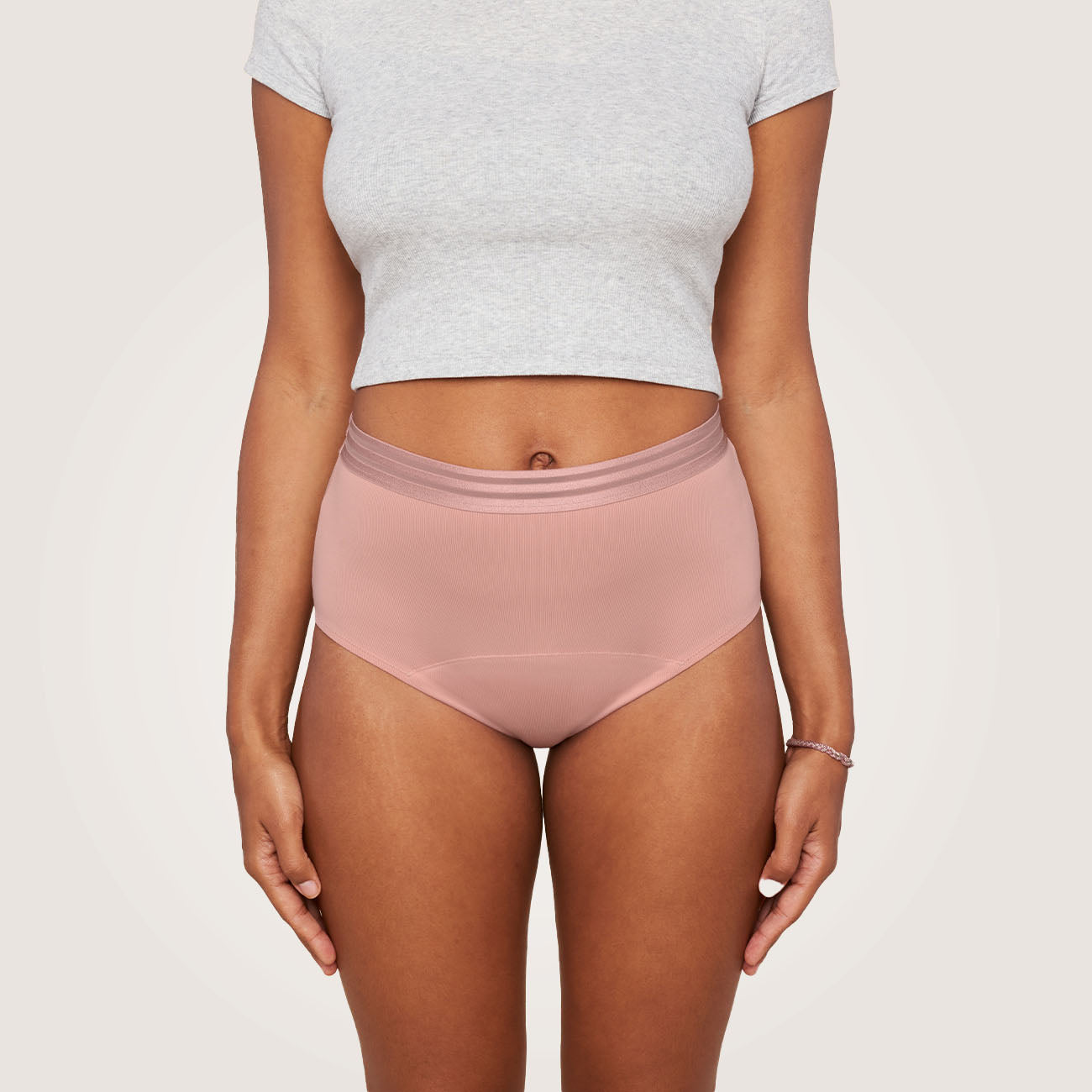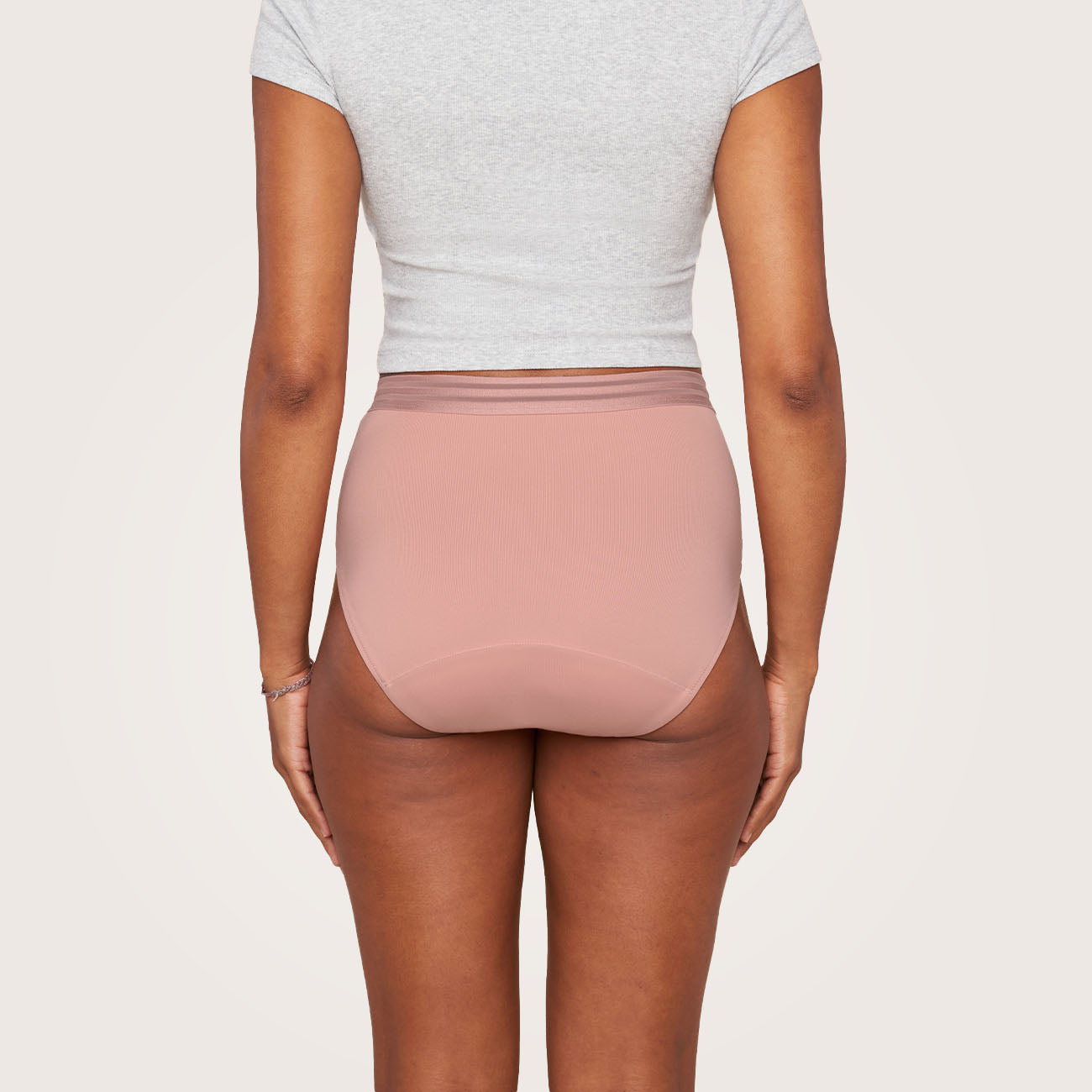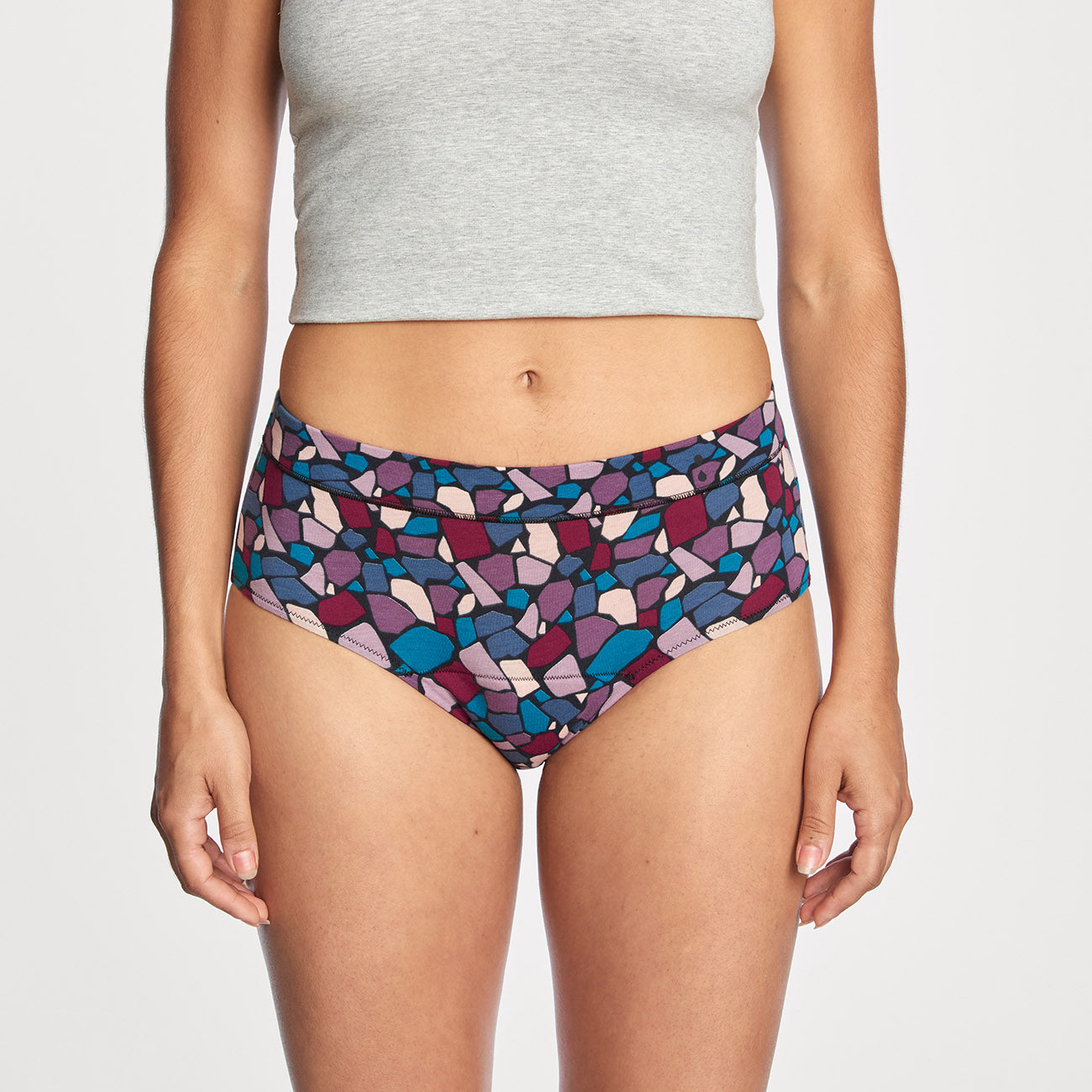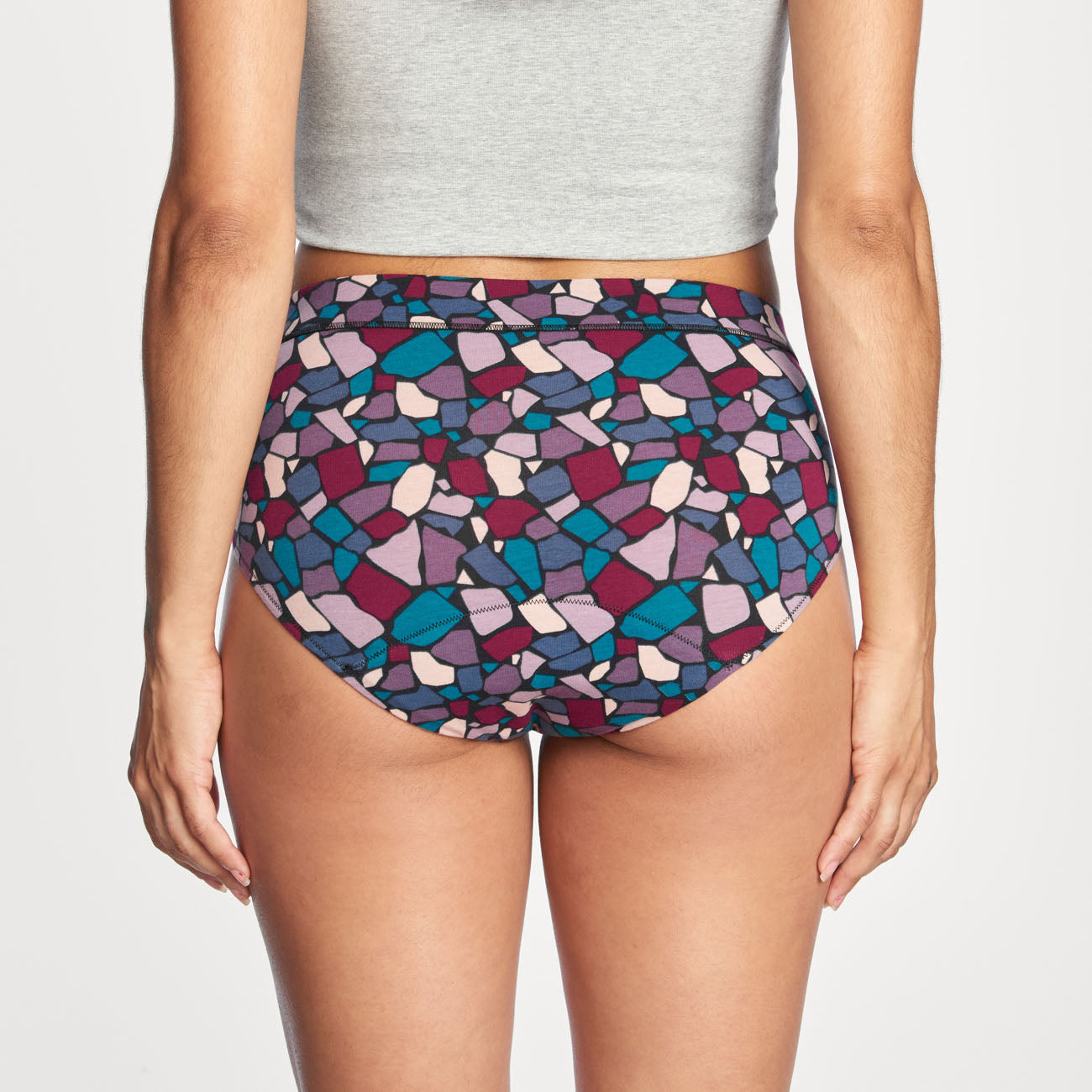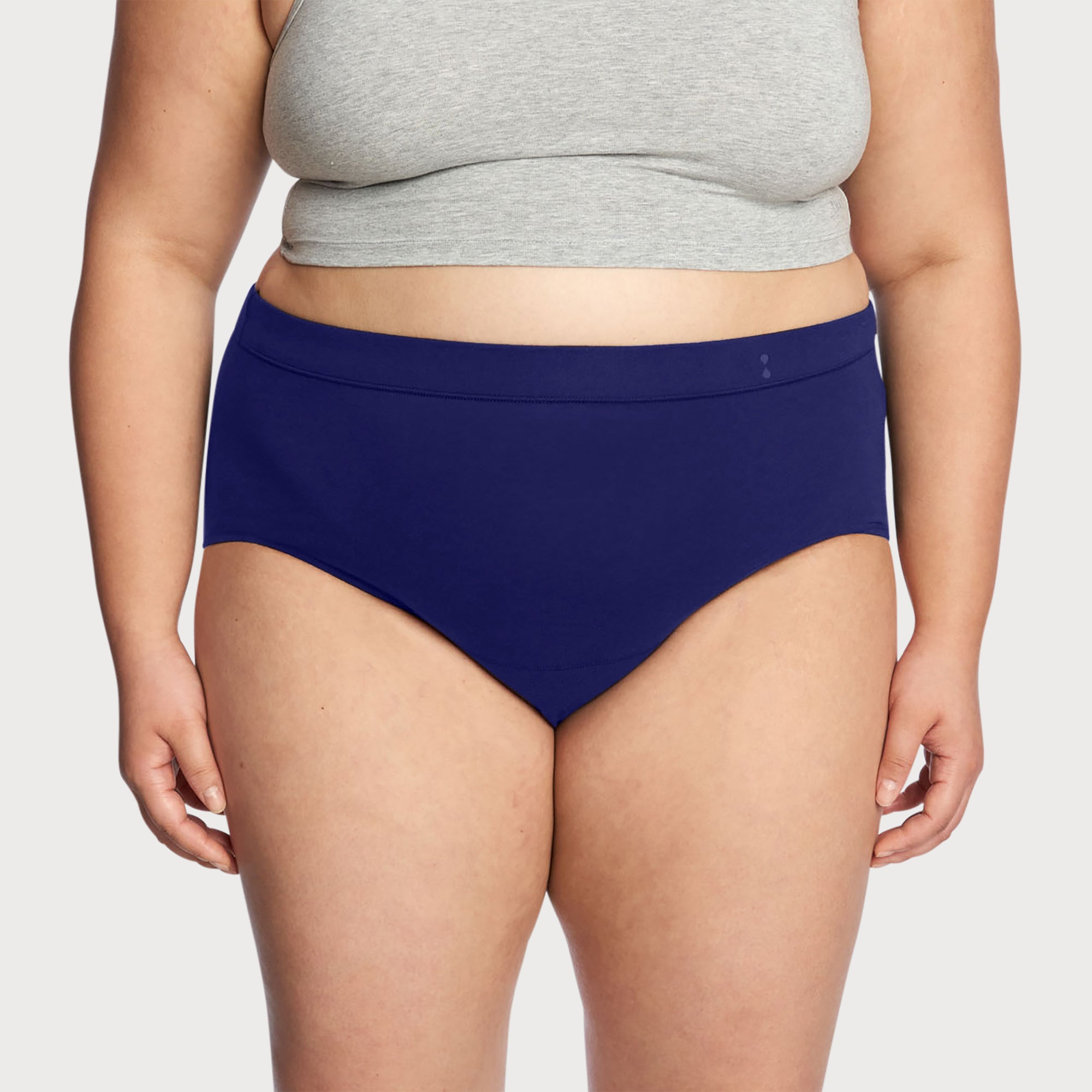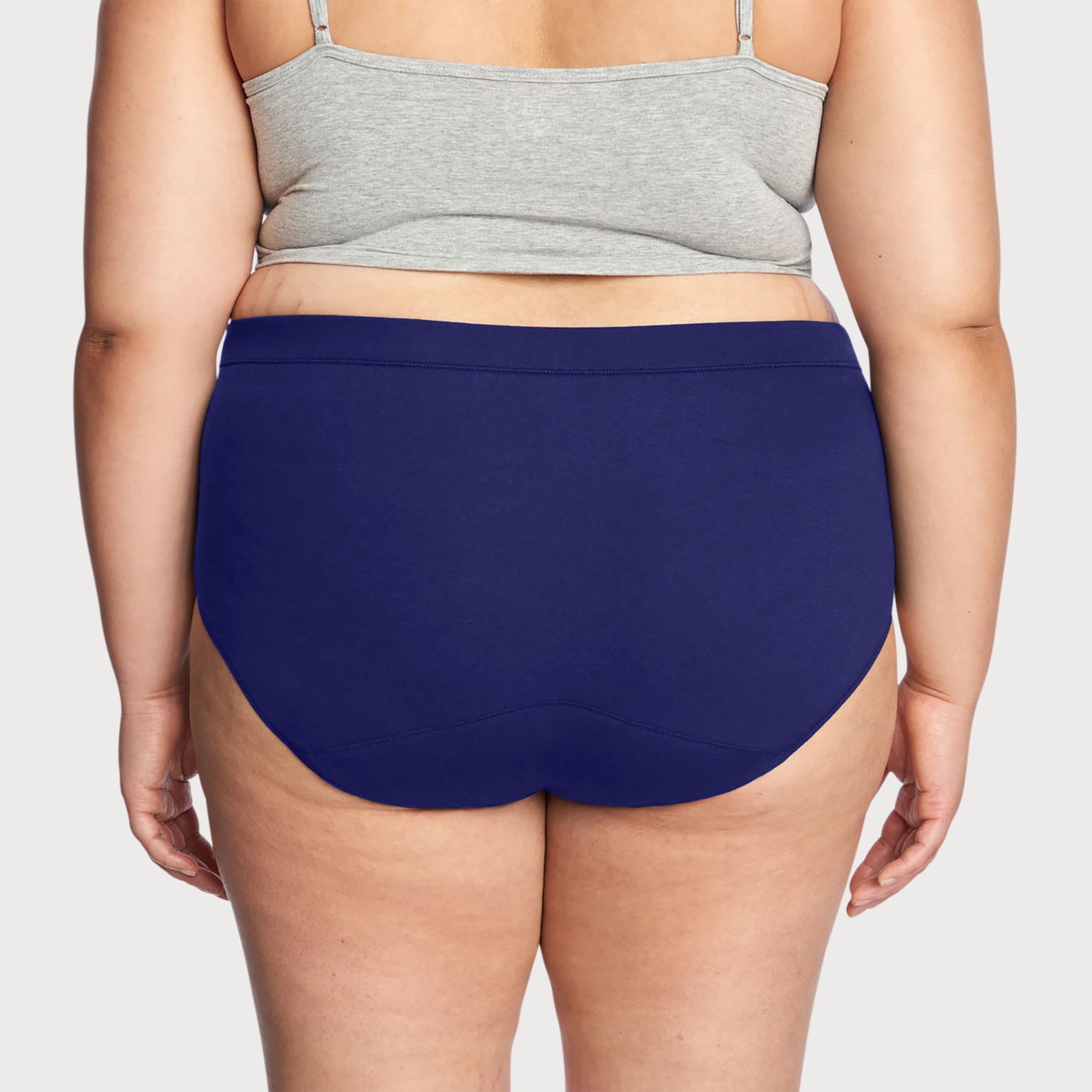I Hid My Period From My Mom (For 6 Months)
- Share this article Copy to clipboard

I was in 8th grade in the early 90s. No cell phones. No interwebs. And certainly no social media.
I got my period.
I wasn’t panicked or freaked out or confused. I knew what it was— that much I’d learned from my mom, my sister and my girlfriends. I knew what it meant—extra monthly maintenance, womanhood, reproduction.
But, nevertheless, I hid it. From everyone. From my mom.
I was a painfully shy kid growing up. Everything embarrassed me. Now I was hormonal, which made everything worse. I wasn’t ready for sex talks or to announce my body was changing — I found the whole thing so embarrassing.
So, I developed a system. I stole pads from my sister’s bathroom drawer, took some from my mother’s stash, and squirreled away those 25₵ ones found in public bathroom dispensers. When I needed to discard dirty ones, I’d throw them in the ready-for-pick-up green GLAD garbage bags we had in the garage. No one would suspect.
But, somewhere around the six-month mark I decided it was time to tell my secret. I was tired of playing hide-the-pad. I remember I was in the passenger seat in the car with my mother, and we were going to the mall. Out of nowhere, I suddenly felt brave. We were on the highway driving westbound, and I thought to myself, “Now”.
You have to understand something first. We are French-Moroccan Jews. We speak, you guessed it, French and English because we also live in Canada. Most of my family on both sides are from Casablanca. They immigrated to Canada in the 60s and assimilated quite well except for a few cultural traditions that just won’t quit.
The reason I bring this up is two-fold. One, because this conversation may have taken place en français. And two, because of what happens a few hours later.
Back to the car, headed westbound to the mall. Deep breath.
“Mom,” I must have said. “I have to tell you something. But please don’t be mad.”
To me, it was clear: Don’t be mad because I’ve hidden this from you for months and months and months.
“OK,” she replied hesitantly. I could see from my peripheral vision (I wouldn’t look her in the eyes) she was suddenly gripping the steering wheel a little harder, her self-manicured nails digging into the leather. She was afraid of what I was about to tell her.
“I got my period.” Pause.
“OK,” she responded again, this time loosening the grip she had on the wheel. That was it. Or was it? She asked when, and I told her the truth. Then, her right hand tapped my left knee. She was smiling, and I could tell she was happy and even excited. I smiled too. And blushed.
The burden of my secret was lifted, and I was free. There. It was out. Soon, all French-Moroccans from Toronto to Montreal would know. Because that’s how we do.
When we got home, my parents called my sister and me down to the kitchen. My mother had set up the henna with rosewater in a silver dish and had gold coins near her.
In Middle-Eastern and Arabic cultures, henna symbolizes protection from the evil eye and brings health and luck; the gold coins bring prosperity to those who hold them. This tradition is practiced at weddings, bar mitzvahs, and all other celebrations.
“Here we go,” I thought. My mother obviously told my father, and they were prepared to anoint me a ‘woman.’
She put a dab of henna in the palm of my hand with a silver spoon from her collection of holiday wares followed by a gold coin pressed within the center of the mixture in my hand. Then, my mother attempted her best Arabic cries, the kind that are at the center of every Arabic ceremony. The ones that sound like someone is saying “you-you-you-you-you-you” in an extraordinarily high-pitched scream. A scream that emanates from the very bottom of their soul—past the larynx, through the diaphragm, and deep into their core. A song-of-sorts that, growing up, always meant happiness.
Now they were singing for me.
My feelings about these traditions were, at the time, mixed. Although this was a part of my culture that couldn’t be erased (and in retrospect, why should it?) as a shy, awkward teenager, I was mortified nonetheless.
Maybe that’s why I kept the secret for so long? Because I knew this was an inevitability? Because I knew everyone would find out? Recently, I learned that my sister and cousins preemptively told their mothers not to tell anyone about their periods and not to make a big ceremonial deal about it. Neither thought crossed my mind. Maybe if they had, I would have come clean sooner.
Now, I remember these traditions with great fondness and wish I could go back to those days so I could properly relish these lost moments. I wish we were still following these traditions with the second generation of Canadians in our family. And, I wish my mother was still around to keep them alive.
***
Decades later, my mother told the story of my period secret. But the way she told it, I knew we had both interpreted our conversation that day in the car differently.
When I said, “Please don’t be mad I kept my period from you,” she thought I meant, “Please don’t be mad… that I got my period.” She believed I was afraid to tell her something so primal, so natural, so NORMAL — and I guess, in a way, I had been.



